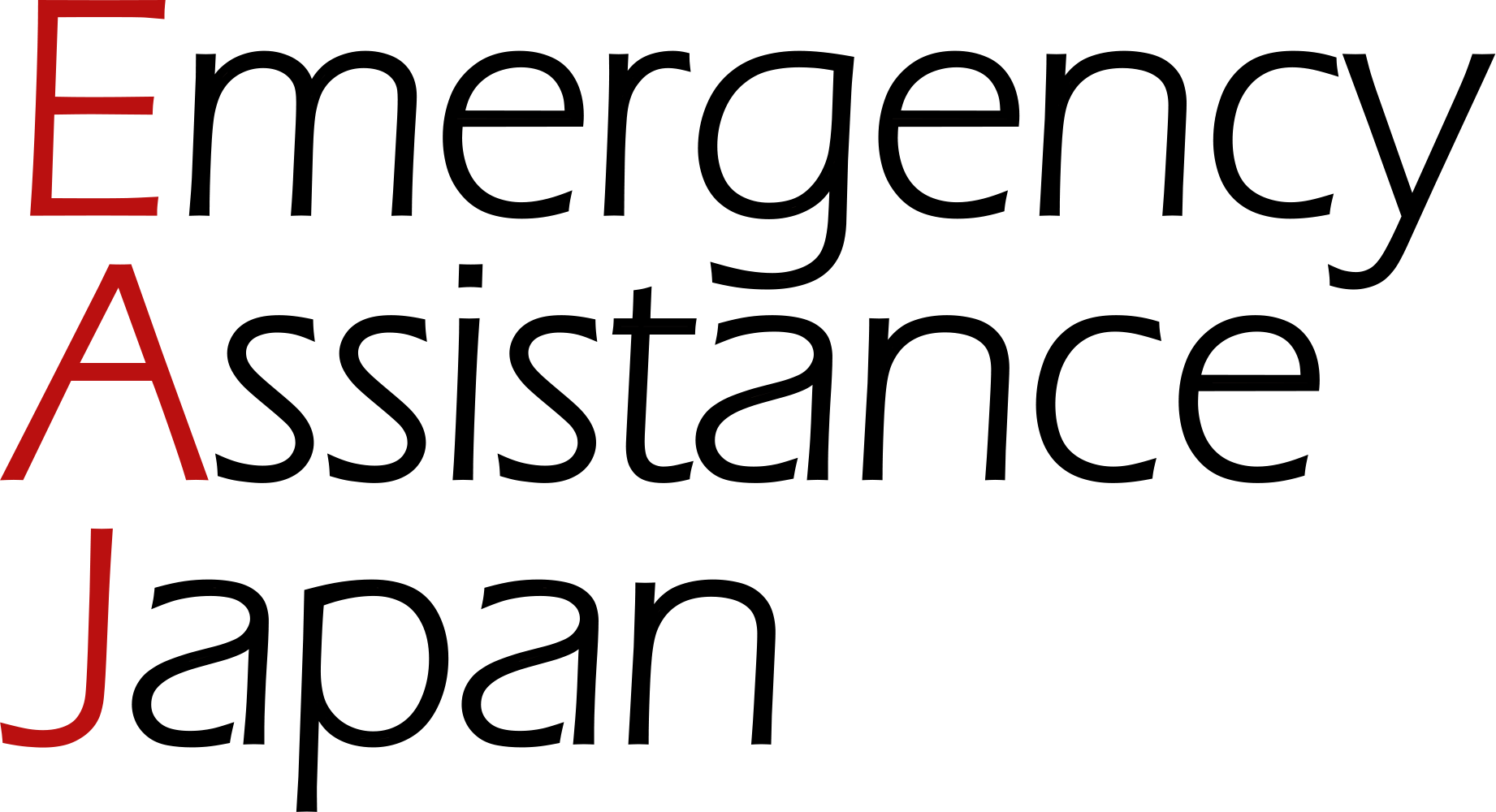Gynecologic Cancer(Uterine cancer)
- HOME
- Cancer(View by Body Part)
- Gynecologic Cancer(Uterine cancer)
- What is uterine cancer?
What is uterine cancer?
23.10.10
Uterine cancer is a cancer that develops in the uterine body, the main part of the uterus. Uterine cancer is the most common type of gynecological cancer, especially in postmenopausal women. Although the specific causes of uterine cancer are not fully explained, risk factors include advanced age, early onset of menstruation or late menopause, never having married or given birth, high blood pressure, diabetes, obesity, tamoxifen treatment (breast cancer drug), and long-term estrogen-only hormone replacement therapy.
Although it is difficult to detect the symptom in the early stages of uterine cancer, there may arise symptoms such as irregular bleeding, bleeding after menopause, pain or discomfort in the lower abdomen, change in the quantity or quality of discharge, or pain during sexual intercourse.
Diagnostic methods include
Hysteroscopy
Direct observation of the inside of the uterus.
Histology
If abnormalities are found, tissue is removed for closer examination.
Ultrasound exam
To confirm the size, shape, and internal condition of the uterus and ovaries.
MRI or CT scan
To determine the extent and progress of the cancer.
Treatment Methods
Surgery
The main treatment for early-stage uterine cancer. Surgery is often performed to remove the uterus, ovaries, and fallopian tubes.
Radiation therapy
A treatment that uses radiation to destroy cancer cells. It is given as an adjunct to surgery or when surgery is difficult.
Chemotherapy
A treatment method that uses drugs to attack and destroy cancer cells. Often used for advanced or recurrent cancer.
Hormone therapy
A treatment that slows the growth of cancer by inhibiting the function of hormones.
Example of proposed treatment for uterine cancer
Treatment Methods
Surgery
The main treatment for early-stage uterine cancer. Surgery is often performed to remove the uterus, ovaries, and fallopian tubes.
Radiation therapy
A treatment that uses radiation to destroy cancer cells. It is given as an adjunct to surgery or when surgery is difficult.
Chemotherapy
A treatment method that uses drugs to attack and destroy cancer cells. Often used for advanced or recurrent cancer.
Hormone therapy
A treatment that slows the growth of cancer by inhibiting the function of hormones.
